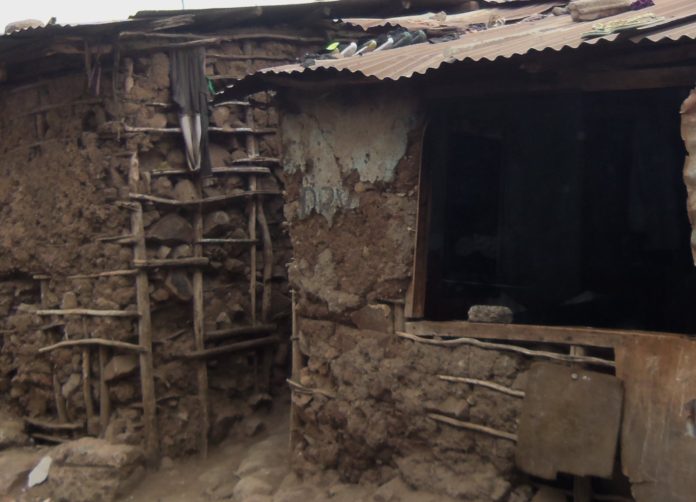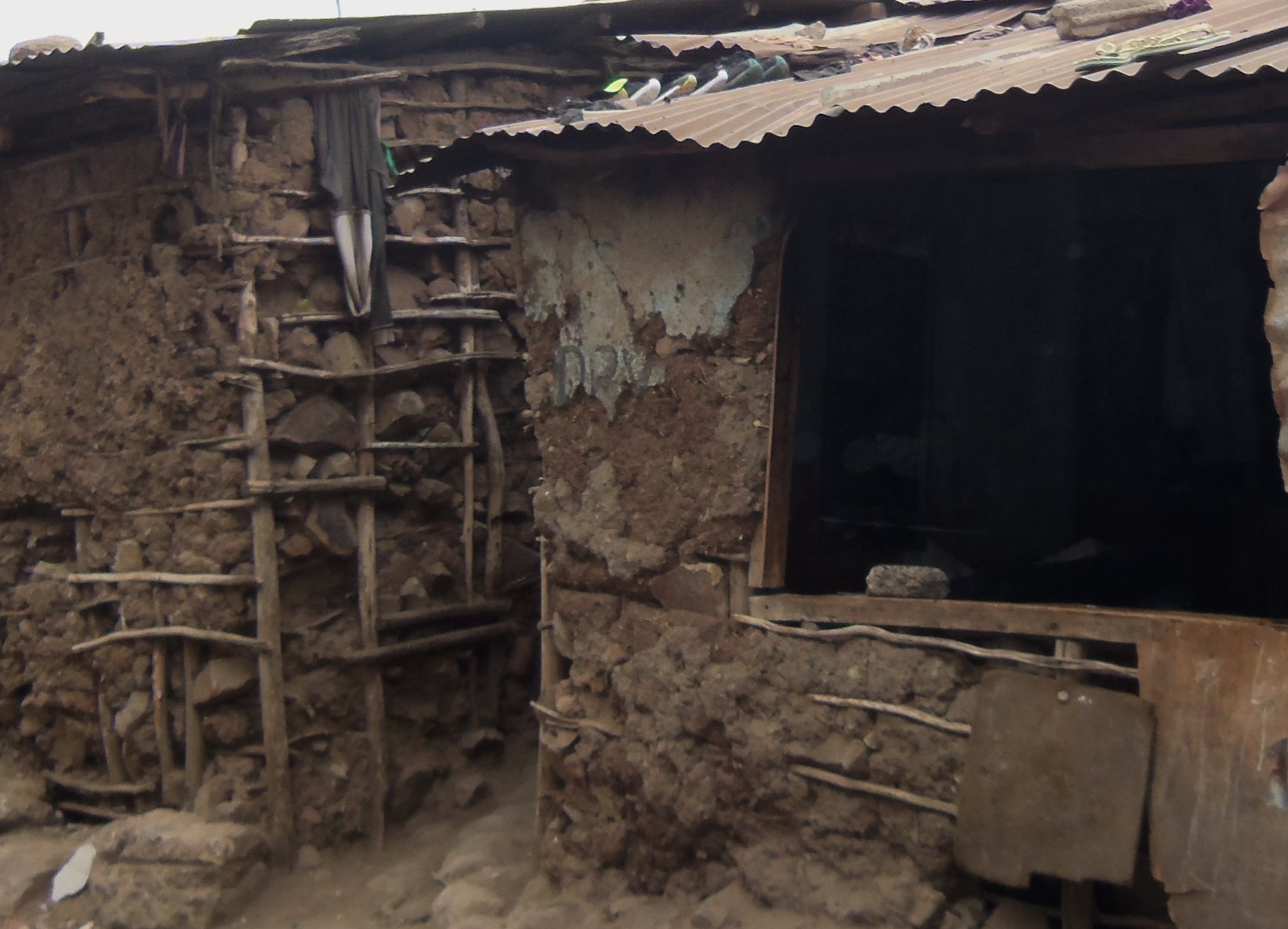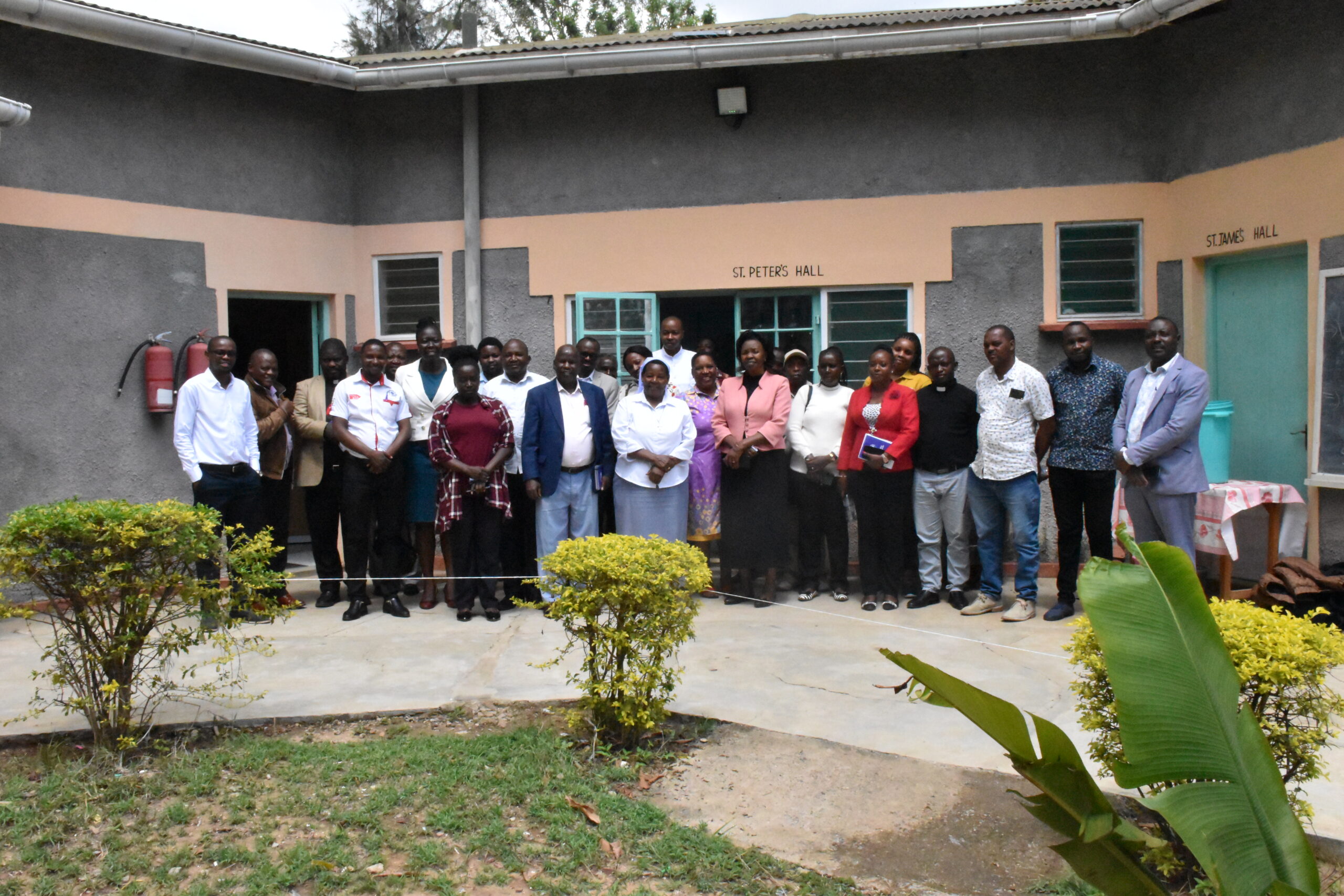By Lenah Bosibori
Nairobi, Kenya: Pheny Awiti has lived with HIV/AIDS for 28 years and could not imagine that one day hunger would come knocking at her doorstep.
She has not only lived with the disease for a lengthy period but has also become an expert on nutrition by generously advising other patients on what to eat and what time they should take their medication.
During a recent interview, Awiti revealed that nowadays everybody is talking about the COVID-19 pandemic that has dominated public discourse hence pushing other equally critical ailments like HIV /Aids to the periphery.
“No one is paying attention to us, we are suffering in silence with no food on our tables, we are not seeking sympathy but attention on how to get food for our families,” said Awiti who is also a mother of a two-month-old baby.
She said COVID -19 has prompted her to pay closer attention to her immunity since people with HIV are vulnerable to viral respiratory disease.
The National Aids Control Council (NACC) in its 2018 report indicated that national HIV prevalence in Kenya stood at 4.9 percent.
Likewise, the total number of people living with HIV/Aids in the country is estimated at approximately 1.5 million.
As the new Coronavirus continues to spread rapidly in Kenya, people living with HIV/AIDS in Nairobi’s Mukuru slums are finding it hard to take their antiretroviral drugs (ARVs) due to lack of food.
Massive loss of jobs triggered by COVID-19 disruptions to the economy has pushed slum dwellers to the margins of survival and the majority are unable to feed themselves and their families.
People living with HIV/Aids, in particular, are grappling with the twin challenges of diminishing income and the inability to purchase nutritious food that is key to boost their immunity.
In Mukuru Fuata Nyayo slums that are dotted with single-roomed tin shacks where residents share toilets and bathrooms, people living with HIV/AIDS are finding it had to move out of their houses and look for medication due to hunger.
“We have received many phone calls from our patients who are crying of hunger due to lack of cash to purchase food,” says Donald Asanya a community-based volunteer from Care for Aids.
Asanya said that out of the 70 patients registered with the organization, only 10 percent of them can afford three meals per day.
He said the medication is available at the Mater Hospital.
Nancy Kamaidha a 40-year-old HIV positive single mother who has lived with the virus for more than a decade said she was worried about dying of hunger.
Kamaidha who lives in a 10 by 10 iron sheets single room said that she has been unable to take antiretroviral drugs (ARVs) on an empty stomach.
“I have a big challenge of accessing cash to enable me to buy food,” said Kamaidha.
The mother of four teenagers said that feeding her children has been a huge challenge and she has been forced to borrow from friends who understand her plight.
Responding to how COVID 19 has affected her, Kamaidha says that recently she had all the signs for the disease and she feared to go to the hospital thinking that she might be quarantined.
“I experienced sneezing and my temperature was very high, I risked and went to a nearby county hospital but I got a warm reception from the doctors, I was treated and allowed to go back home,” said Kamaidha.
“People have cried of hunger until they are tired,” She added.
Care for Aids has nevertheless come to the aid of people living with HIV/Aids in Mukuru Kayaba slums through the provision of material and psychosocial support.














